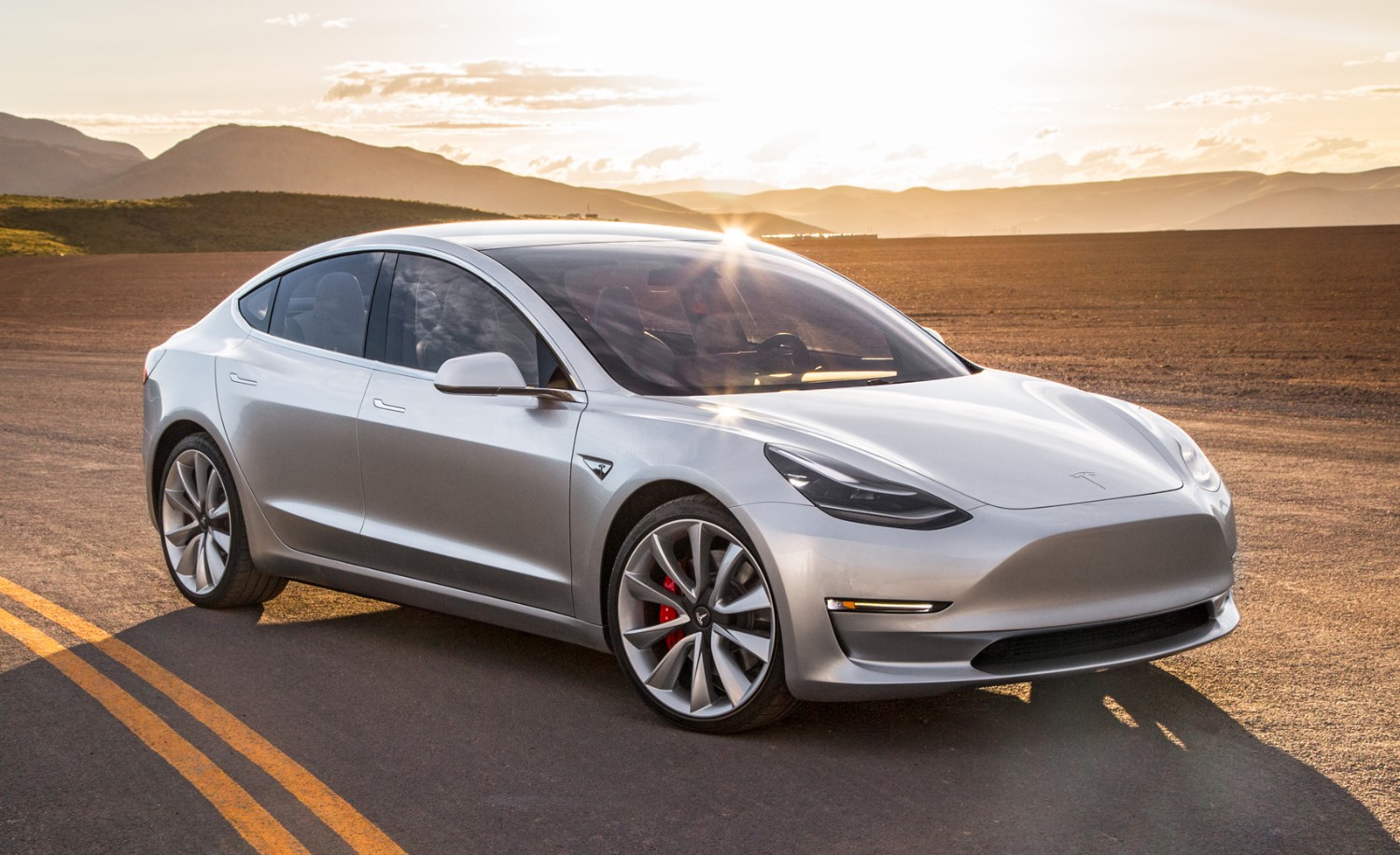Consumer Reports flipped its Model 3 recommendation after Tesla wirelessly updated its cars
 |
| Tesla Model 3 |
Consumer Reports, a US non-profit product testing organization, couldn’t recommend the Tesla’s Model 3 when it reviewed the car earlier this month. Test drivers praised the car’s speed and range, but braking distances were subpar, which the magazine said were “far worse than any contemporary car we’ve tested." While most luxury compact sedans decelerate from 60-0 mph in 131 ft., the magazine’s two Tesla’s Model 3s needed 152 ft. to stop, which is even more than some pickup trucks need.
On May 30, the magazine announced that the car’s braking distance improved by about 20 ft. after Tesla wirelessly updated the software for the Model 3. It’s now recommending the car. “I’ve never seen a car that could improve its track performance with an over-the-air update," Jake Fisher, director of auto testing at Consumer Reports, said.
Tesla CEO Elon Musk had vowed to the fix the problem by updating the car’s software on May 21. Tesla told the magazine that its antilock braking system needed to be updated to improve its performance under varying road and weather conditions.
The Model 3 test vehicle now stops in 133 ft., which is standard for the vehicle class, and in line with what Tesla has claimed in the past. Consumer Reports still noted issues with Model 3’s “wind noise, stiff ride, uncomfortable rear seat," as well as the ergonomics of its control panel, but recommended the car regardless.
